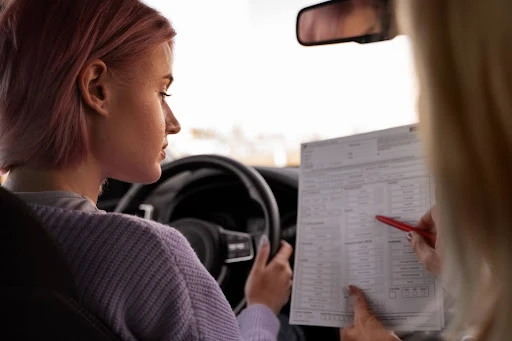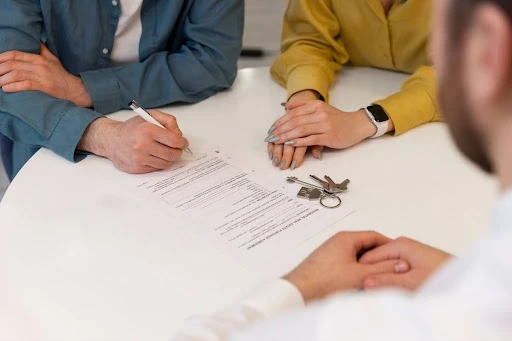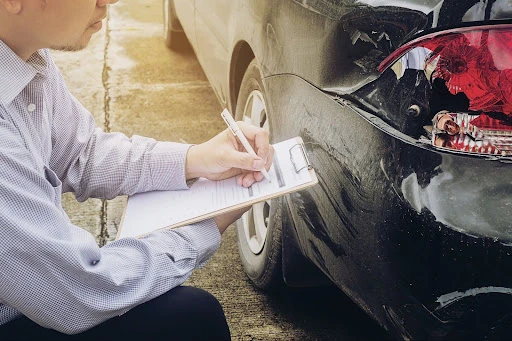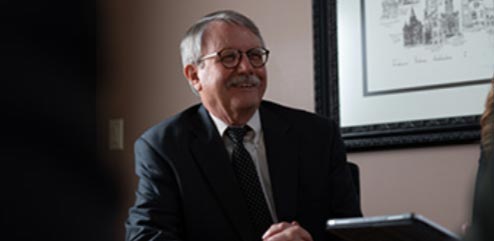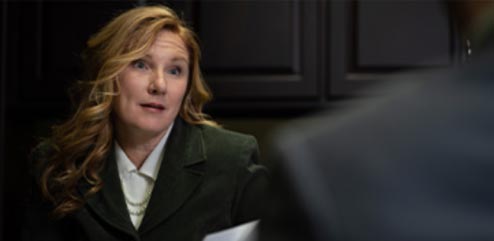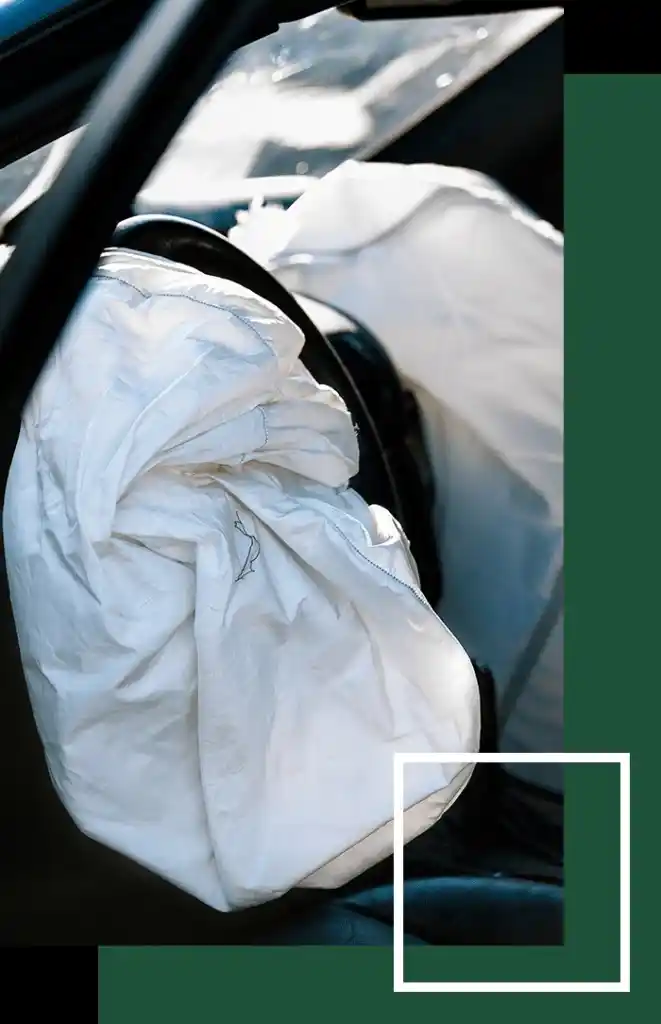
Gary Car Accident Lawyer
Car accidents, all too common on our roads, can result in severe injuries, property damage, and emotional distress. If you have been involved in a car accident in Gary or anywhere in Indiana, it’s crucial to understand your legal rights and options for seeking fair compensation to recover from your damages.
An experienced Gary car accident lawyer at Christie Farrell Lee & Bell will provide you with comprehensive legal services and guide you through the complex process of filing a personal injury claim and ensure you’ll receive compensation to cover your damages and get your life back.


